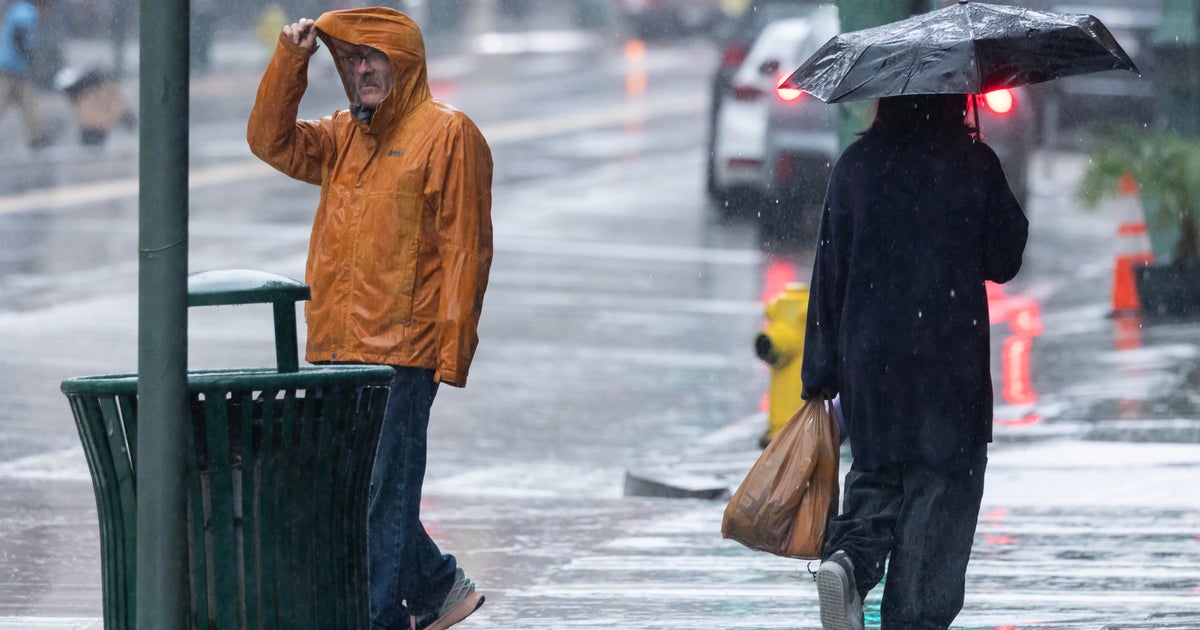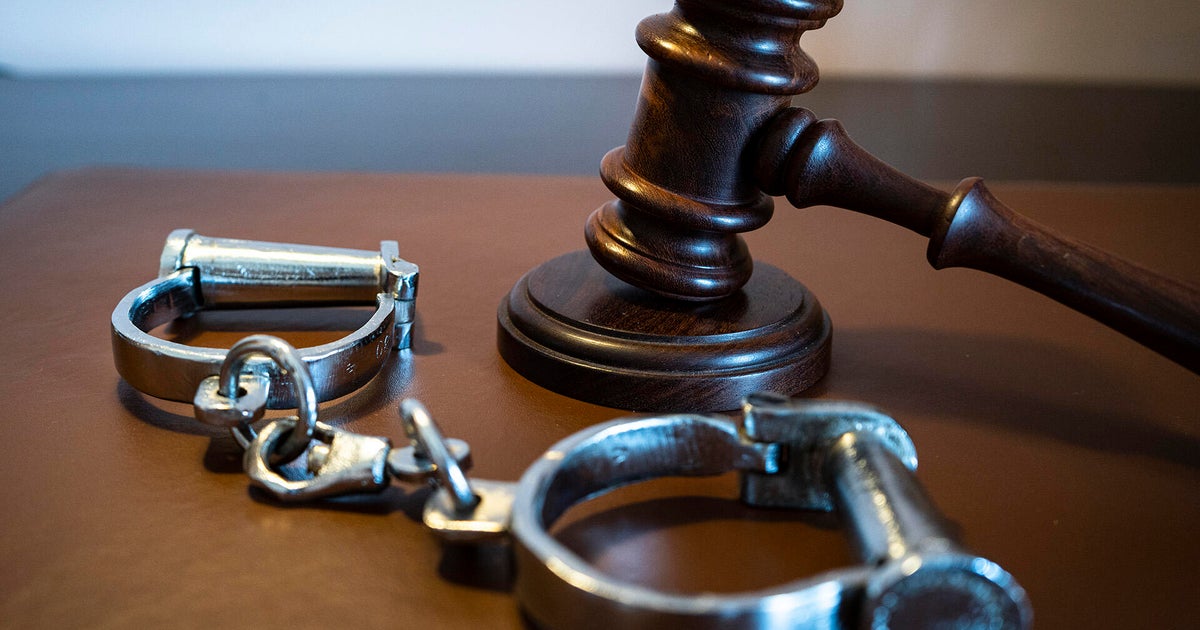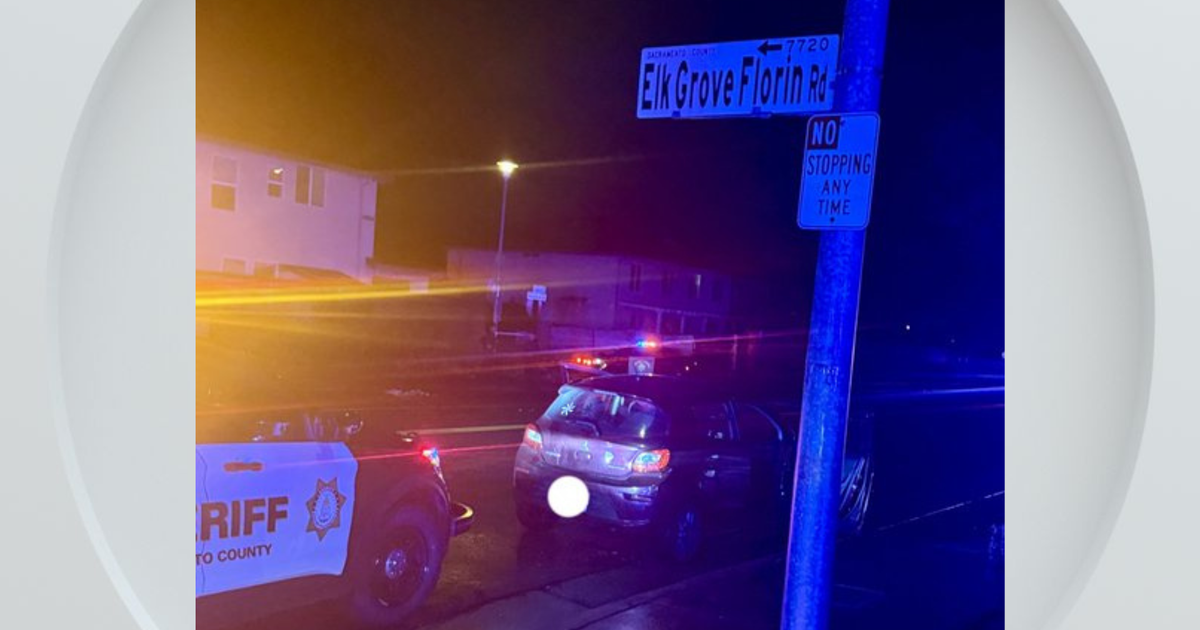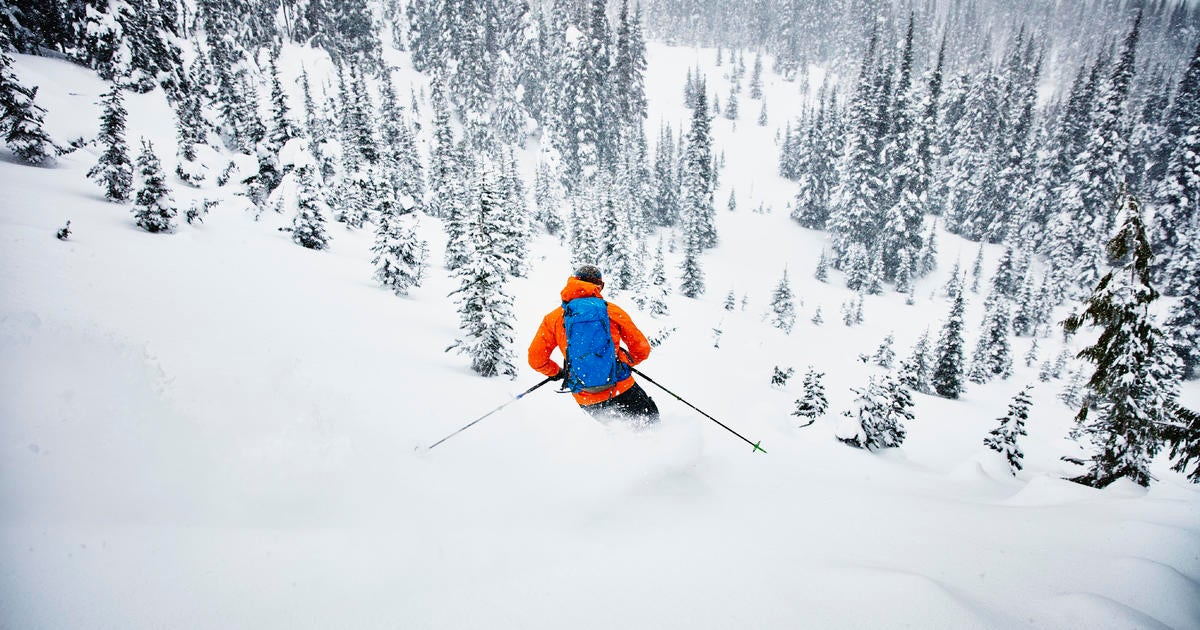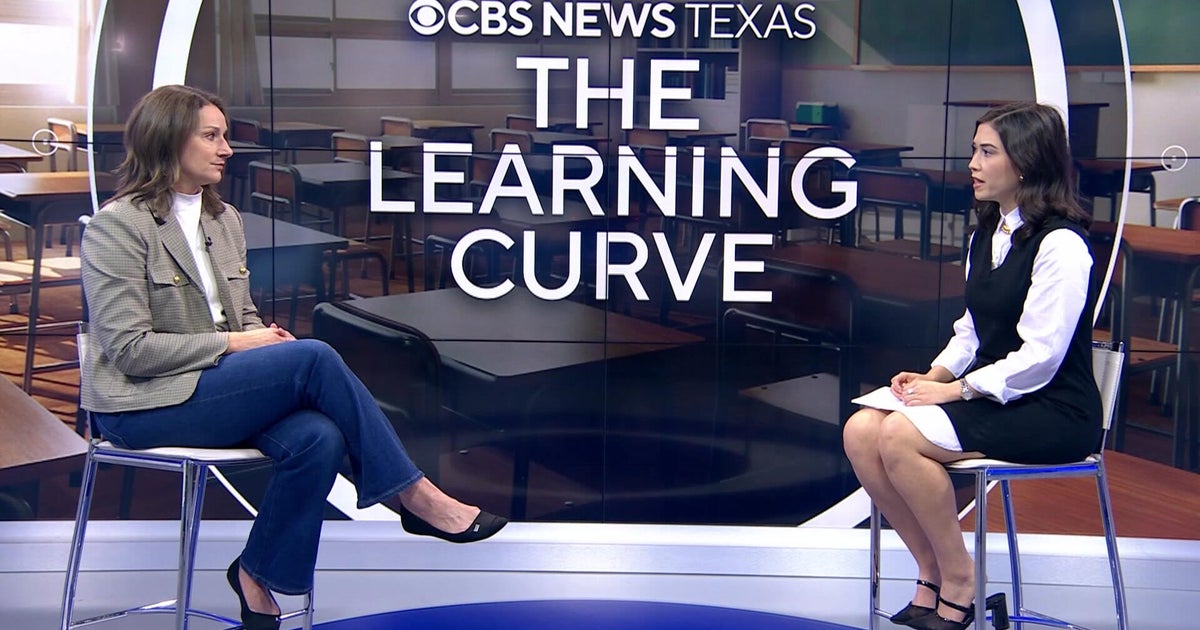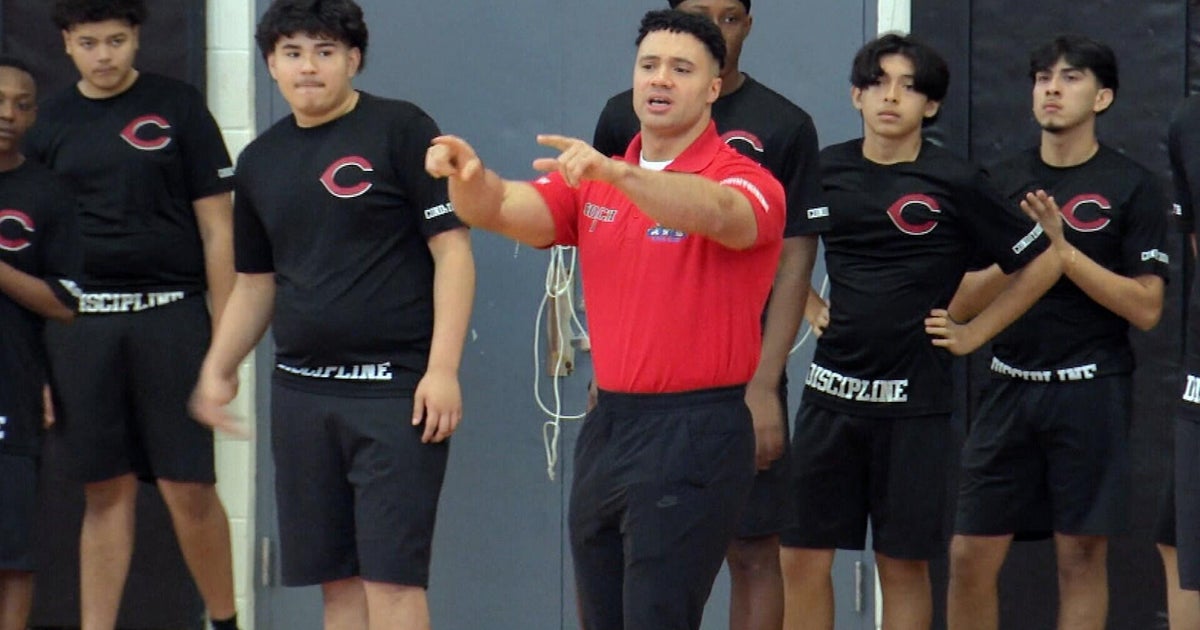Norway's reform inspires California to make prison life more humane
SOLEDAD -- An estimated 95 percent of inmates serving time in California prisons will be released eventually. Based on statistics, it is likely that two-thirds of them will re-offend and return to prison within three years. But a new push within the prison system aims to change that.
A solution might be found more than 5,000 miles from the Golden State.
There isn't much Ed Borla hasn't seen in his 25 years in California's criminal justice system, first as a corrections officer and now as the deputy chief warden at Salinas Valley State Prison.
As the second in command there, he's in charge of about 3,000 inmates.
A Level Four maximum security prison, Salinas contains some of the state's most violent offenders, including rapists and murderers.
But these days, it's leading the way when it comes to prison reform.
"I've seen prisoners come back multiple times -- a revolving door -- so we got to end that," Borla said.
For decades, the American prison system has been focused on punishment and deterrence. Now, Borla says, it's going through a sea change.
"I forget when it was -- the 80s when we did lock them all up and throw away the key -- and then, over time, we learned that that wasn't working."
While the U.S has 5 percent of the world's population, it has 25 percent of its prisoners. The cost to taxpayers is about $80 billion per year.
That is why Borla and his team are testing an approach used in Norway, where the recidivism rate is at 20 percent, compared to about 75 percent in the U.S.
"It's just basically injecting humanity just treating these guys like you want to be treated," Borla said.
The idea is simple: the punishment should be the loss of freedom not the loss of dignity.
One of the biggest changes is addressing prisoners by their name rather than number. Guards here also make a point to get to know them better. They play board games with them and take them on long walks.
It's still a far cry from the Norwegian model, where inmates live in cells that have been described as dorms and prisons feature amenities unheard of here, including recording studios for inmates with dreams of making it in the music business.
There are no plans for anything like that at Salinas Valley, where the program is still in its infancy. For now, Borla and his team are focused on what they can do by adding more classes and activities. Even that is making a difference. Prison officials say they're already seeing a decline in one key measure: attempted suicides.
Prisoners say they've noticed a difference.
Terrance Ford is serving 26 years to life for an armed carjacking. He said the prison's new approach has given him something you'd be hard pressed to find in a maximum-security prison.
"This is the first time we've ever had action that's truly showing our humanity instead of just our mistakes," he said.
It's tempting to chalk it all up to progressiveness run amok but, Borla said, at the end of the day this is good not just for the prisoners and prison but society as a whole.
"Someday these guys are going to get out," he said. "We don't want these guys not having the ability to be successful."
This is part 1 of a three-part series on prison reform by Itay Hod
WEBLINK
